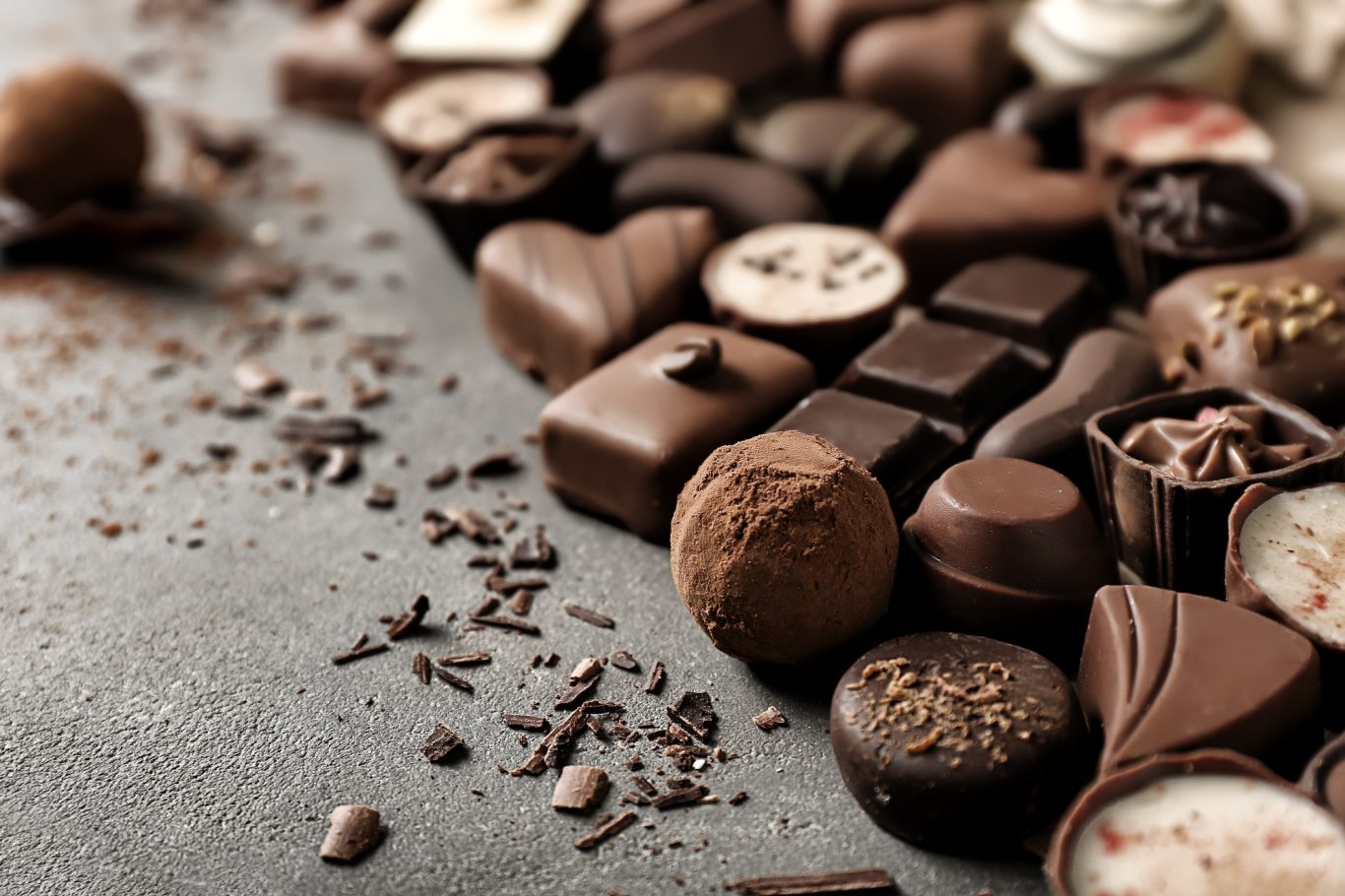It’s rare to come across food that boosts brain function and is considered a pleasurable reward when you give yourself permission to eat it. But this is the exception that proves the rule, because in this case the healthy brain food is chocolate.
Not surprisingly, chocolate ranks as the most popular sweet treat in the world. Chocolate comes from cocoa beans, and people eat more than three million tons of them every year. From its humble beginnings with the Olmecs tribes of Mexico to its status as an upper class extravagance (and even, briefly, a currency), chocolate is something everyone can agree on. It’s that good.
It may also improve brain function. Studies over the years have shown that chocolate can help people maintain strong cognitive function deeper into life. It’s about as surprising as learning red wine and cheese might protect your cognitive functioning, too.

What Science Says About Chocolate and Cognition
The idea of finding something that tastes good and is good for your health has fueled many studies over the years. Researchers have reported that chocolate has a positive impact on mood, cholesterol, insulin activity and blood vessel function. And now, they also have found a positive effect on cognition.
The findings from recent studies show that just one or two servings of dark chocolate may boost memory, improve cognition, strengthen the immune system and uplift your mood. The studies, from Loma Linda University in California, found brain activity increased in various regions of the brain 30 minutes after consumption of 48 grams of chocolate (about the size of a candy bar) that was 70% cocoa and 30% organic cane sugar.
“We suggest that this superfood of 70% cacao (organic cocoa beans from Tanzania) enhances neuroplasticity for behavioral and brain health benefits,” the researchers wrote. A second study from the university found eating 48 grams of chocolate every day for a week boosted the genes responsible for white blood cell activation and increased the expression of genes involved in neural signaling and sensory perception.
Chocolate May Also Improve Focus, Concentration
A study published by researchers from the University of Illinois and University of Birmingham at the end of 2020 investigated the impact of cocoa flavanols on cognitive function.
Catarina Rendeiro, a researcher and lecturer in nutritional sciences at the University of Birmingham, led the research. She said “flavanols are small molecules found in many fruits and vegetables, and cocoa, too. They give fruits and vegetables their bright colors, and they are known to benefit vascular function.”
Rendeiro said researchers wanted to do the study to find if those benefits extended to cognitive function. They found that healthy adult brains recovered faster from a mild vascular challenge and performed better on complex tests when people ate cocoa flavanols beforehand. They also found that those who ate cocoa flavanols solved problems 11% faster than they did before eating.
It all sounds promising! If you are looking to get a bit of chocolate into your regular eating habits (and who isn’t?) then it’s important to know that dark chocolate and cocoa have far more flavanols than milk chocolate or white chocolate.
Also – and here’s the hard part – moderation is key. A bite or two of dark chocolate that is not loaded up with sugar might be OK, but you’ll want to talk to a doctor before adding too much chocolate into your diet.
